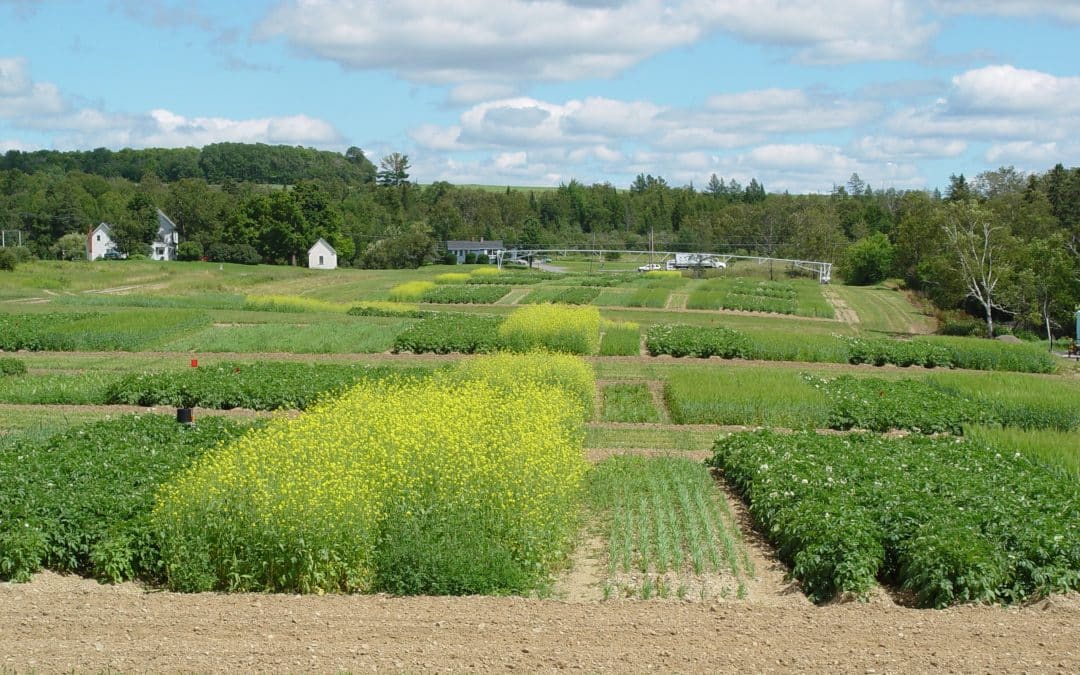 A recently published long-term crop study by Maine USDA-ARS highlights the positive benefits of prior compost applications and soil-improving crop rotations on potato yield and soil quality. As part of full soil microbiological assessment, Solvita was used for CO2 respiration alongside substrate utilization assays and culturable fungi and bacteria. Five management systems were compared, one of which had manure compost added 7 years before the assessment, but which still carried much higher soil quality such as respiration and microbiological properties leading to sustained higher yields and less disease severity. The highest soil quality occurred with improved crop rotation combined with prior composting and showed 140% greater CO2 respiration by Solvita than continuous potatoes management. Solvita soil results closely correlated with Biology substrate utilization and diversity assays, including cultural bacteria and Trichoderma, but not fungi. Using the statistical ranking protocol PCA, Solvita grouped with quality traits such as SOM, CEC, and marketable potatoes yield and opposite to scurf and scab severity. The overall picture is the Solvita fits in well with a comprehensive quality assessment and accurately reflects relevant soil biological properties. The paper is available in the journal Agronomy.
A recently published long-term crop study by Maine USDA-ARS highlights the positive benefits of prior compost applications and soil-improving crop rotations on potato yield and soil quality. As part of full soil microbiological assessment, Solvita was used for CO2 respiration alongside substrate utilization assays and culturable fungi and bacteria. Five management systems were compared, one of which had manure compost added 7 years before the assessment, but which still carried much higher soil quality such as respiration and microbiological properties leading to sustained higher yields and less disease severity. The highest soil quality occurred with improved crop rotation combined with prior composting and showed 140% greater CO2 respiration by Solvita than continuous potatoes management. Solvita soil results closely correlated with Biology substrate utilization and diversity assays, including cultural bacteria and Trichoderma, but not fungi. Using the statistical ranking protocol PCA, Solvita grouped with quality traits such as SOM, CEC, and marketable potatoes yield and opposite to scurf and scab severity. The overall picture is the Solvita fits in well with a comprehensive quality assessment and accurately reflects relevant soil biological properties. The paper is available in the journal Agronomy.
Will Brinton, the founder of Woods End, worked as a graduate assistant in Sweden in the 1970s when the Uppsala university published its first studies showing the positive effects of compost and crop rotations on potato quality. “At the time, we used 1-day and 7-day base-trap titration to show the soil CO2 respiration effects.. today we have Solvita”, Brinton said.

